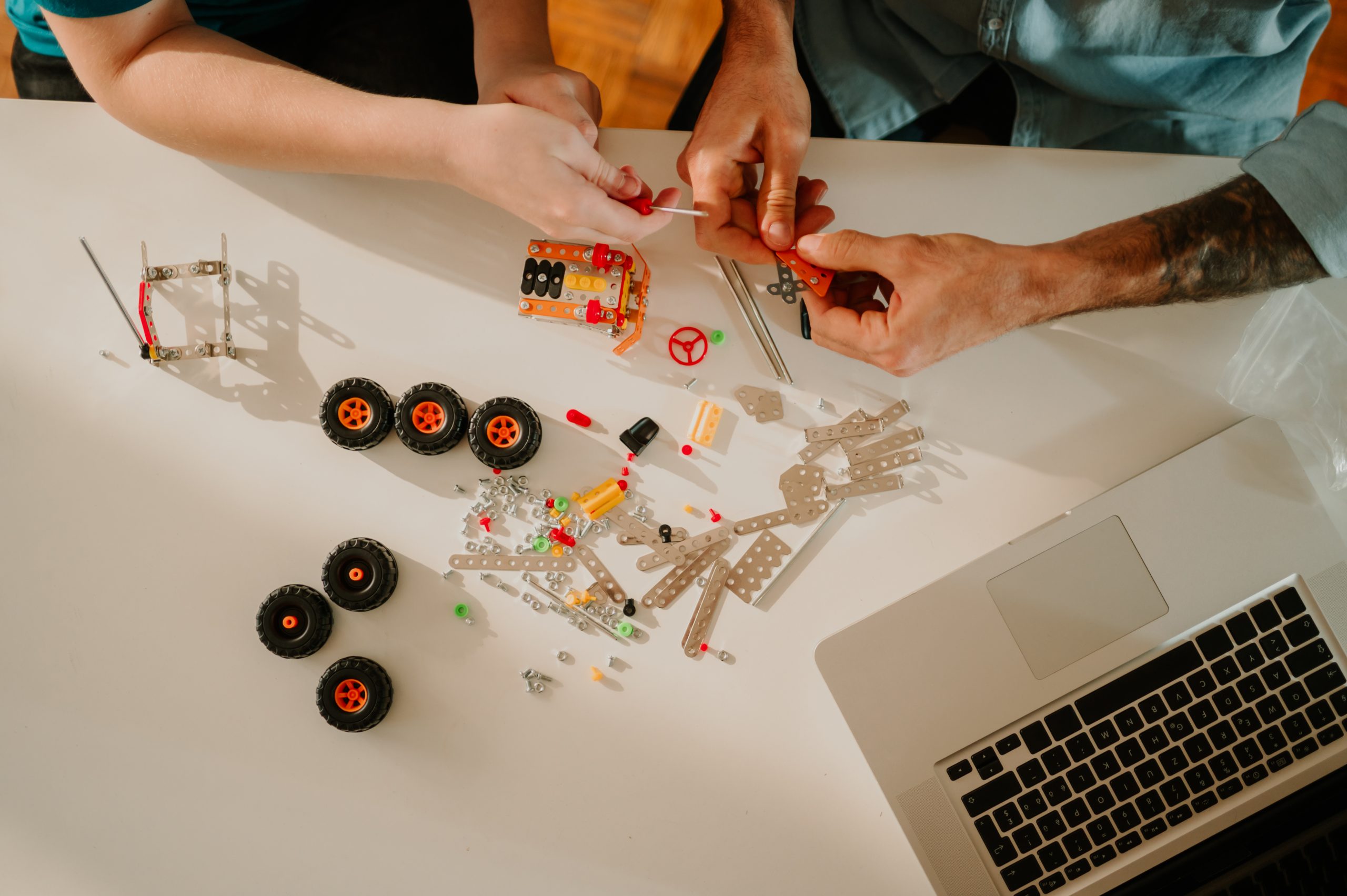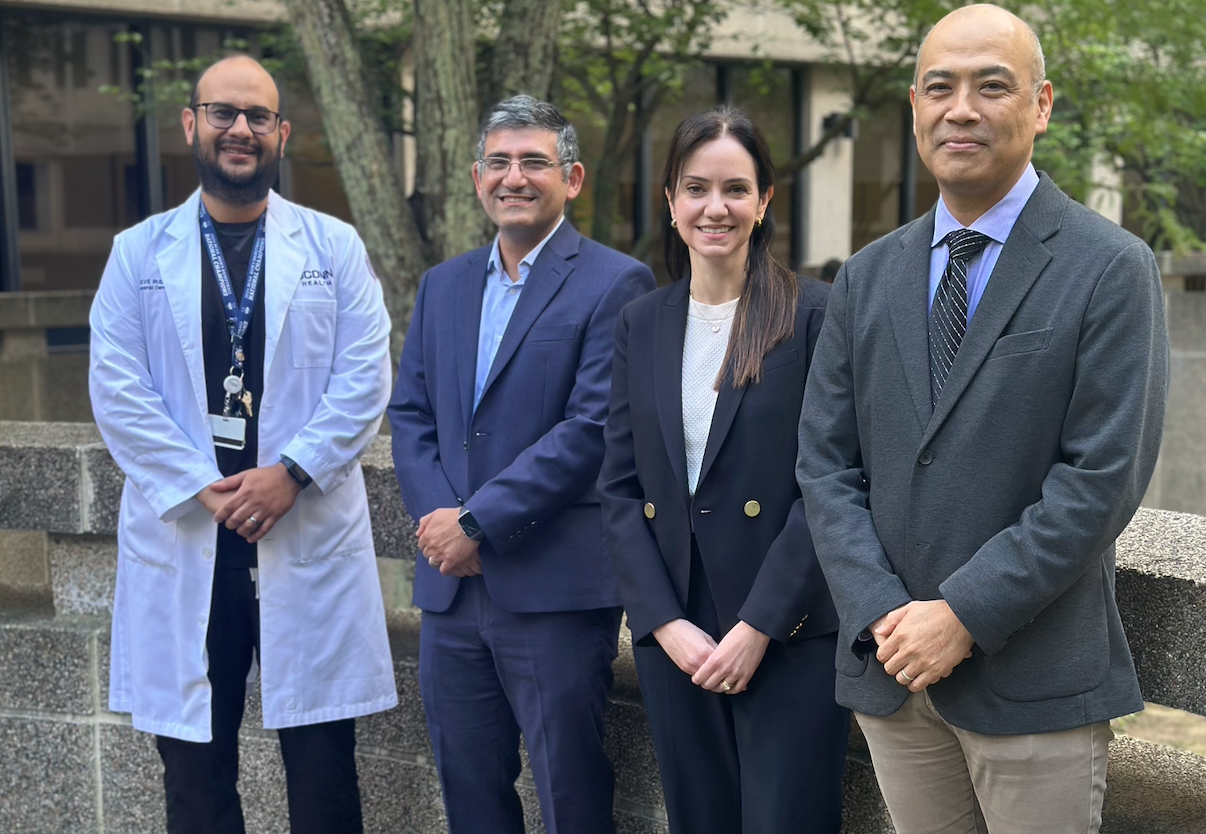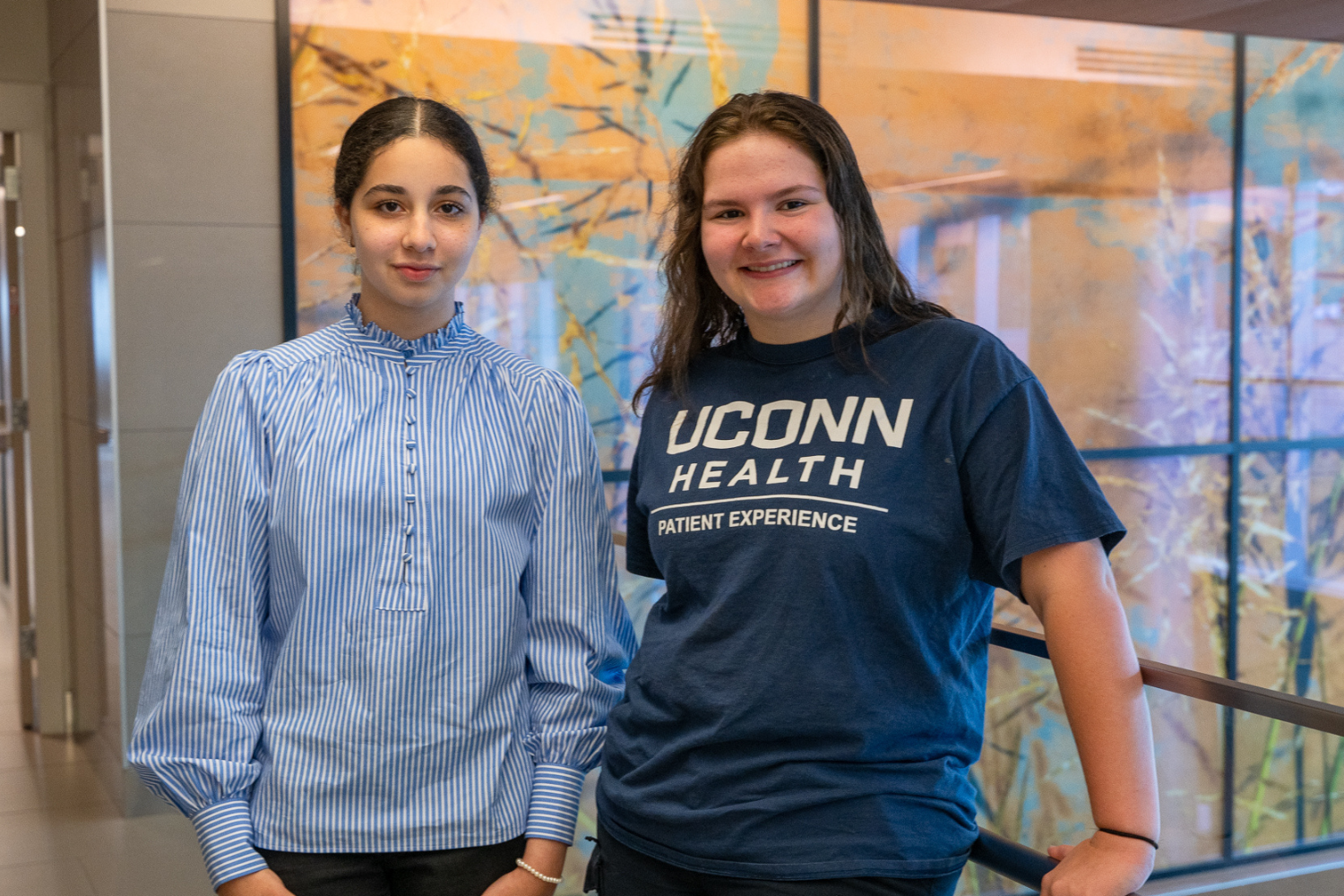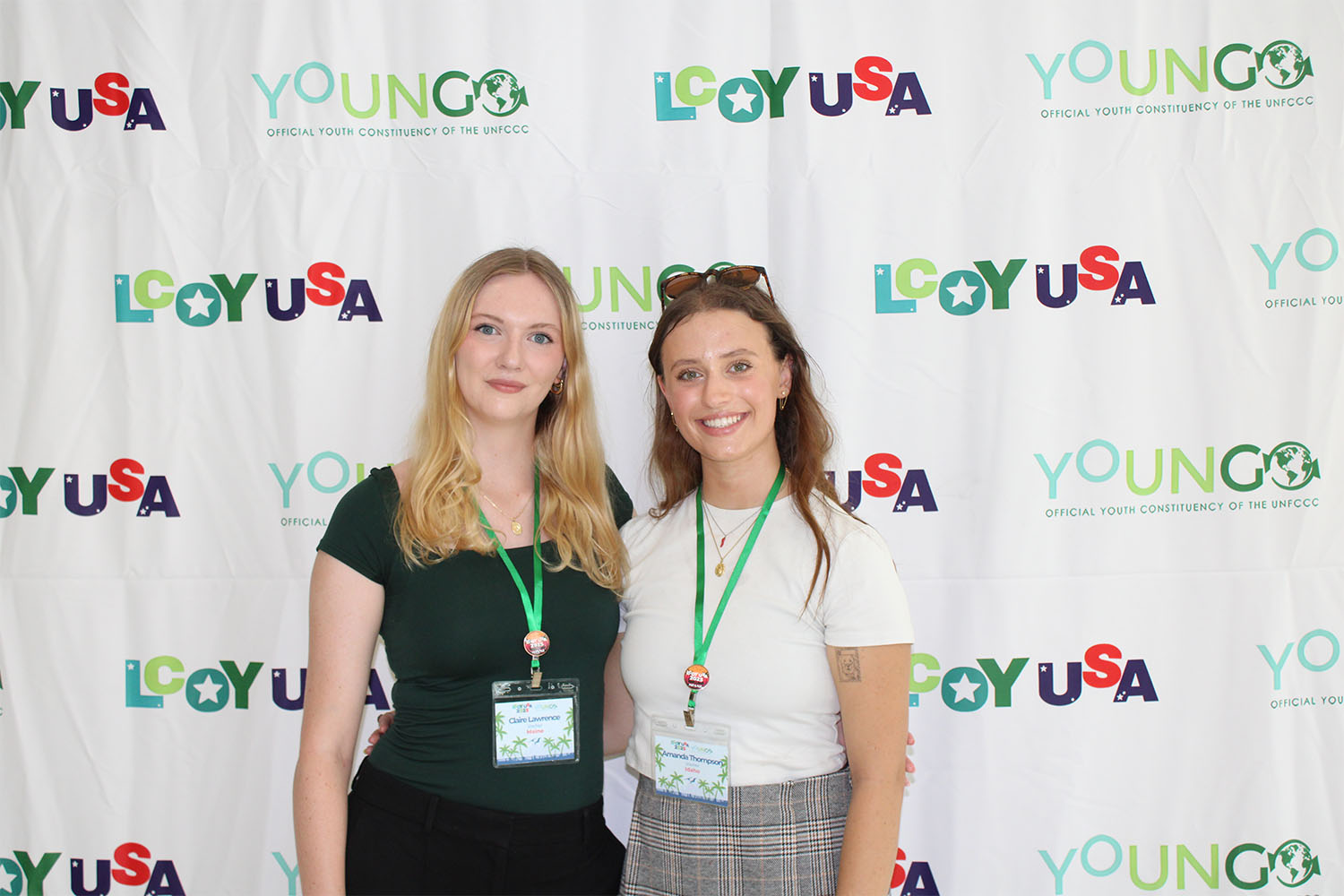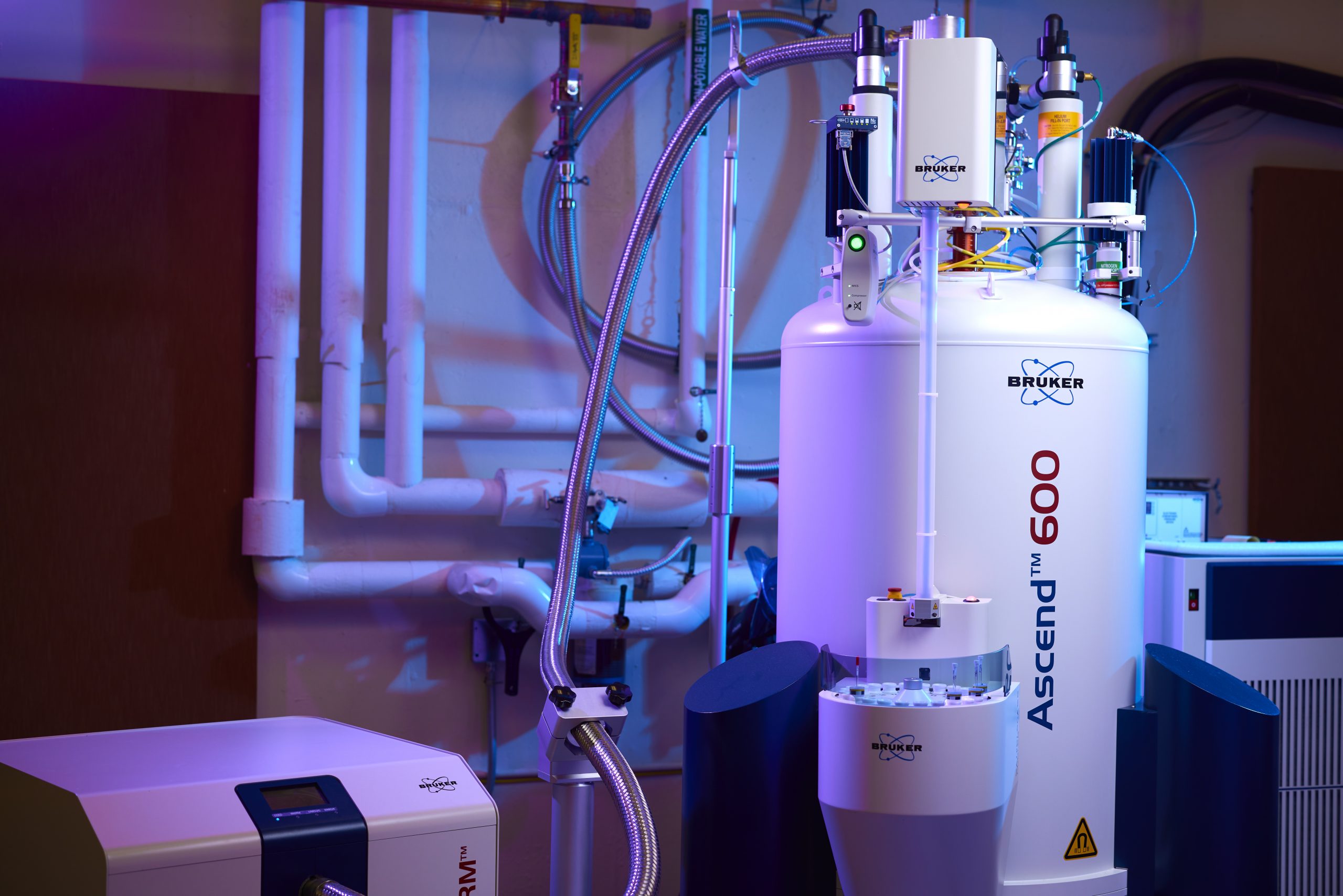UConn Engineering Associate Dean Burkey Awarded Grant to Study Engineering Ethics
Dan Burkey, Castleman Term Professor of Engineering Innovation and associate dean for undergraduate education was recently awarded a $750K NSF grant through the IUSE (Improving Undergraduate STEM Education) program. Together with UConn collaborators Monika Crowl, assistant professor-in-residence in chemical and biomolecular engineering, and Mike Young, Associate Professor Emeritus from the Neag School of Education, Burkey will lead this multi-institution grant with additional collaborators from the University of Pittsburgh and Rowan University.
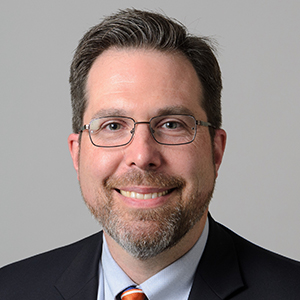
This is a Tier II grant, and continues from previous Tier I funding to study novel ways of teaching and assessing engineering students’ ethical reasoning. The initial grant ran from 2020-2024.
“Engineering solutions touch so many aspects of peoples’ lives, often in ways that they don’t even realize,” says Burkey. “It’s important that, as students, future engineers are given opportunities to grapple with the difficult tradeoffs that all engineering solutions come with, so that they are better prepared to make critically informed decisions in the future.”
One of the challenges is that ethical reasoning is a complex process and so teaching it effectively as well as assessing how students are learning can be challenging.
“There are several assessment instruments or surveys out in the literature that try to measure the spectrum of ethical reasoning, but they often try to reduce a student’s performance to a single number, which we have felt isn’t telling the whole story,” Crowl says.
Burkey and his team have developed a narrative digital game for engineering students that puts them in the role of an engineer in a complex, realistic scenario. As students navigate through the game, they must make difficult decisions about what to do next, and those decisions can impact how the game unfolds.
One of the novel aspects of the game is that in addition to making the decisions, students also have to narratively respond to different prompts about the thinking that went into their decision making, and how they perceive the consequences and repercussions. This generates a lot of textual data that is rich in detail.
“The qualitative data generated by the student responses reveals a lot more about their thinking than simple multiple-choice questions in a survey,” says Burkey.
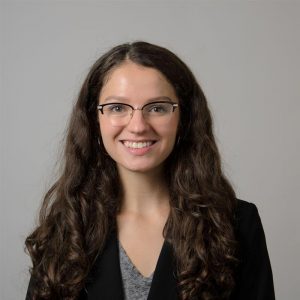
But with that richness comes a tradeoff – lots and lots of data. That’s where the second part of the grant comes into play.
“Qualitative data can be more challenging to analyze at scale, so our team will be training and using language models and natural language processing tools to help analyze the student responses and look for patterns and complexity,” says Burkey.
In this way, the team hopes not only to create a fun and interesting way for engineering students to learn about professional ethical decision making, but they hope to also develop a tool that can be included as part of the game that allows instructors to assess the richness and complexity of student ethical reasoning and how it evolves over time.
“We want to give students a fun and interesting way to engage with this material, beyond what they might just see in a case study for example,” Burkey says. “We also want to help instructors be able to assess where students are with respect to the complexity of their ethical reasoning. We think this approach gives us a chance to do both.”
Latest UConn Today
- School of Dental Medicine Announces Faculty PromotionsFour faculty members received promotions
- High School Students Gain Hands-On Experience Through UConn Health’s Summer Volunteer ProgramThis summer, 65 high school students joined UConn Health through the Summer Student Volunteer Program, gaining real-world experience, supporting patients and staff, and exploring future careers in health care.
- Connecticut Releases its Occupational Disease Annual Labor Day ReportLatest data analysis of UConn School of Medicine expert shows Connecticut’s occupational disease cases are over 31,000 annually
- UConn Student Represents US in UN Global Youth StatementYouth climate leaders work together to ensure their voices are heard by the world
- CAHNR Welcomes New Faculty Members for Fall 2025Bringing new expertise and fresh perspectives to an already thriving academic community, new educators join several CAHNR departments
- UConn-Led Network Expands NMR ReachInstruments added to three sites across the country increase access to NMR technology



